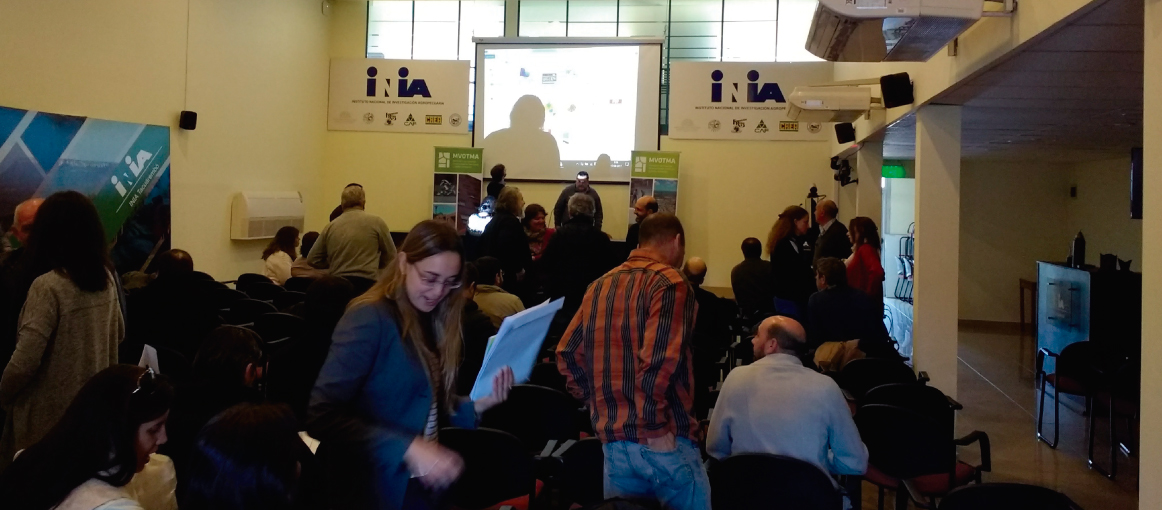Organization: Ministry of Housing, Territorial Planning and the Environment (MVOTMA)
Category: Políticas, marcos normativos y arreglos institucionales para la Agenda Estratégica de Vivienda (NAU y ODS11)
Context
Issues:
In Uruguay, more than 95% of the population lives in urban and suburban land, which has made way to negative urban effects such as peripheral expansion with social exclusion and segregation. This generates significant social costs and government expenditure for public infrastructure expansion, as well as loss of rural land. Scope: Nationwide with emphasis on urbanized land
Project objective:
Link the actions of several public and private institutions, with the aim of promoting more equitable and democratic access to urban land. The aim is to develop a national policy enabling access to served and well-located urban land for all people, prioritizing low-income people.
Results
Achieved Results:
- Achievement of the final stage of the empty and abandoned urban property bill approval process, with preliminary endorsement in the national parliament;
- Advances in the recognition of vacant premises and opportunity areas in the major cities of Uruguay;
- 12 of 19 departments with Geographic Information Sites (SIT) developed with the support of the National Directorate of Territorial Management, which is a key step towards structuring territorial planning data (real estate cadastral and register) to develop better land management and territorial control.
Expected Results
- Urban housing projects in areas of various scales that are disused or underutilized in terms of the land’s social function by late 2018: Paylana project, Paysandú city, Raincoop project, city of Montevideo, Model Market of Montevideo project;
- Strengthening of the domestic portfolio of properties for social housing;
- 25% increase in land purchase and allocation for social housing in 2017-2018 (propose the amendment of the law that defines the mandatory nature and minimum urban requirements for free spaces, land portfolios and equipment);
- Update and implementation of urban taxes and instruments by governments, for example: contribution, vacant land taxes, inappropriate building, larger use, "return on valuations";
- Adoption of the Law on Abandoned Real Estate and Rehabilitation, and the adequate use of properties in urban areas by the end of 2018;
- Development of 3 urban-residential projects per year starting in 2018, which comprise: inclusive social housing, services and public space.
- Establishment of territorial police in at least 2 departments per year. Developing and implementing territorial control powers attributed to Departmental Governments with the support of other institutional actors in a coordinated and integrated manner.
Person/contact: José A. Freitas Fourment / dinot@mvotma.gub.uy
